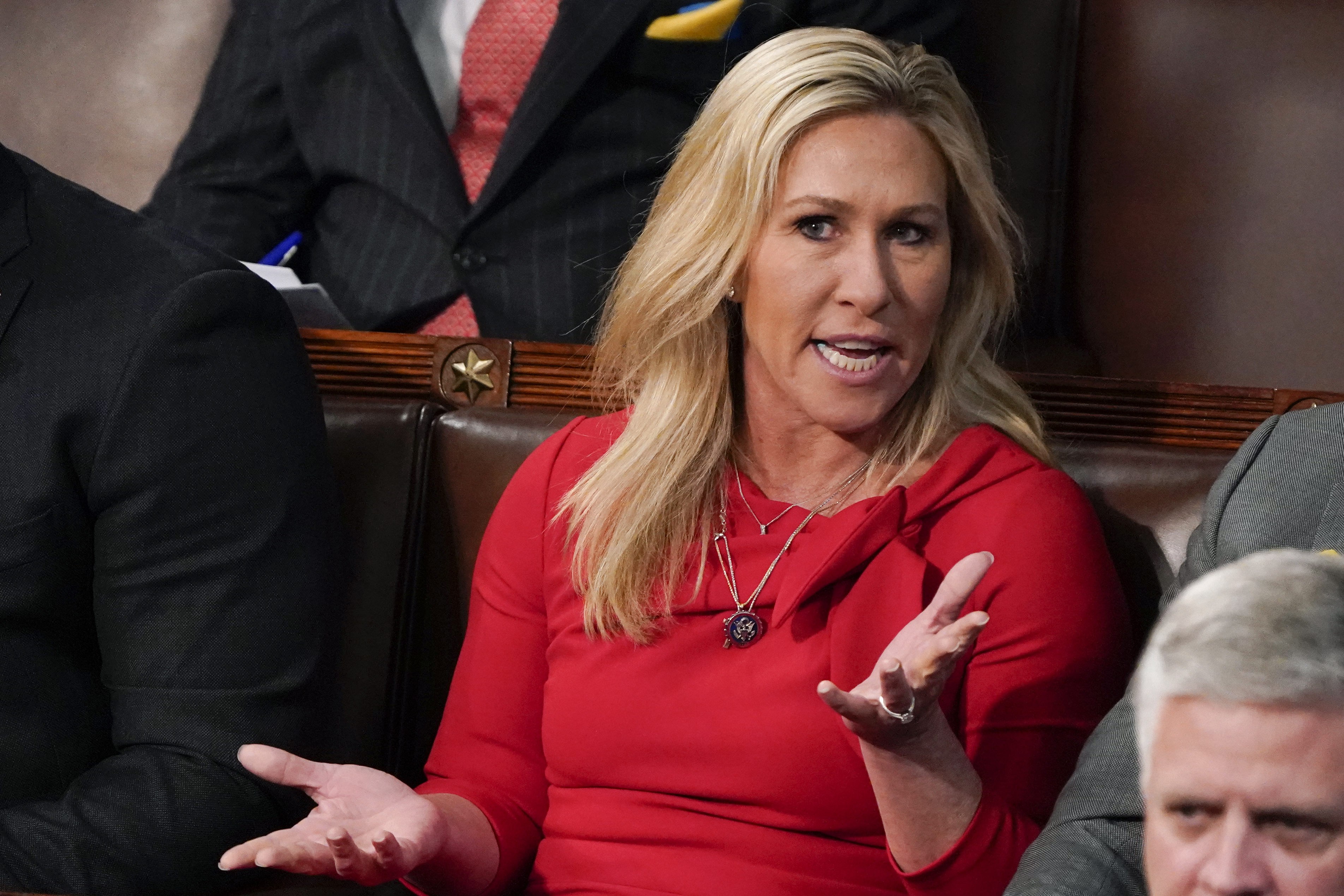All South Koreans will soon be turning one or even two years younger, at least on paper, as the country does away with its unconventional age-counting system on Wednesday.
Last year, on December 8, the country's National Assembly passed measures to standardize the country's age-counting system. This will eliminate the two traditional ways that Korea has used for generations.
All Koreans are considered to be 1 year old at the time of their birth, according to the traditional "Korean age" system, and their age increases by a year on New Year's Day, regardless of their actual birthday.

The "Korean age" is said to consider the time spent in the womb toward age-counting. It was never used for any legal or official purpose, like determining the age for driving or voting, but had a social and cultural purpose, where age hierarchy is important.
Under another traditional system, which is used to calculate for how long young men should be drafted into mandatory military service, Koreans have their "calendar age" or "counting age" calculated by deducting the birth year from the current year.
This means that one person could have as many as three different ages at the same time. As of June 27, 2023, a person born in December 2003 will be 19 under the international system, 20 under the calendar system, and 21 under the Korean system.
The coexistence of these two traditional age-counting systems with a third one, the "international age" system—which is counted from the date of birth of a person, just like most of the world does it—caused a level of confusion that caused unnecessary social and economic costs to the country.
So, Korean officials decided to eliminate the two traditional age-counting systems, falling in line with the majority of the world. It was a promise made by President Yoon Suk-Yeol during his election campaign. From Wednesday, the "Korean age" will no longer exist in official documents.
The pledge was widely backed by the majority of the population. Three-quarters of Koreans wanted the change, according to a poll from January 2022 by Seoul opinion-research company Hankook Research.
The revision is aimed at "reducing unnecessary socio-economic costs, because legal and social disputes as well as confusion persist due to the different ways of calculating age," Yoo Sang-Bum of the ruling People Power Party told Parliament in December.
South Korea, the only major country in the world to consider newborns one year old, will now follow global norms and use the international age-counting system.
Uncommon Knowledge
Newsweek is committed to challenging conventional wisdom and finding connections in the search for common ground.
Newsweek is committed to challenging conventional wisdom and finding connections in the search for common ground.
About the writer
Giulia Carbonaro is a Newsweek Reporter based in London, U.K. Her focus is on U.S. and European politics, global affairs ... Read more
To read how Newsweek uses AI as a newsroom tool, Click here.








